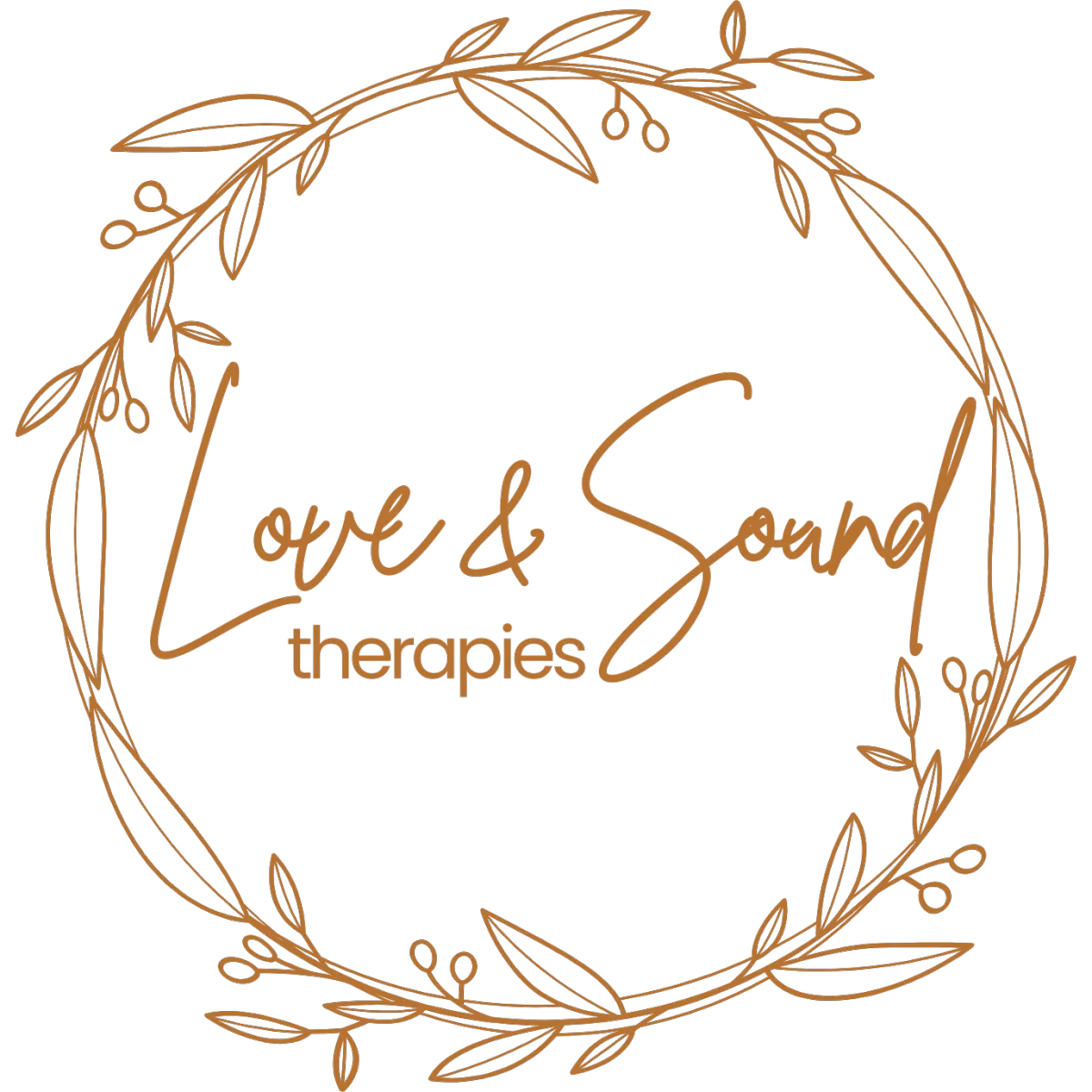
Is Breathwork safe for people with medical conditions
Breathwork, an increasingly popular form of therapy, has garnered attention for its potential to improve mental, emotional, and physical health. However, for individuals with medical conditions, the question often arises: Is breathwork safe? This article will delve into the nuances of 9D breathwork, a specific technique within the broader realm of breathwork therapy, to address safety concerns for those with pre-existing health issues.
Understanding 9D Breathwork
9D breathwork is a holistic approach that involves controlled breathing techniques designed to influence a person's mental, emotional, and physical state. It's called "9D" because it incorporates a multidimensional approach to wellness, engaging the participant on various levels of consciousness. This form of therapy can lead to profound experiences and benefits, such as stress reduction, improved respiratory function, and enhanced self-awareness.
Safety of 9D Breathwork for People with Medical Conditions
When it comes to the safety of 9D breathwork for individuals with medical conditions, it is essential to consider the personalized nature of the practice. Breathwork therapy is adaptable and can be tailored to suit the needs and limitations of each person. This customization is crucial for ensuring that the exercises do not exacerbate any existing health issues.
For those with medical conditions, the key to safely practicing 9D breathwork lies in professional guidance. Working with a certified breathwork therapist who has experience with clients with various health concerns is vital. These professionals can modify techniques and provide individualized sessions that respect the physical boundaries and requirements of each participant.
Moreover, 9D breathwork often includes components of relaxation and mindfulness, which are generally considered safe and beneficial for most individuals, regardless of their health status. The emphasis on gentle breathing patterns can help to reduce anxiety and promote a sense of calm, which may be particularly advantageous for those dealing with chronic conditions or pain.
It's also important to note that breathwork therapy does not involve the use of any external substances or medications, which minimizes the risk of interactions or side effects that can be a concern for people taking various medications for their conditions.
However, it is crucial for anyone interested in starting 9D breathwork to consult with their healthcare provider first. This step ensures that their medical professional is aware of their interest in breathwork and can provide medical advice tailored to their specific health circumstances.
Conclusion
In conclusion, 9D breathwork can be a safe and therapeutic option for individuals with medical conditions, provided that it is practiced under the guidance of a qualified therapist and with the approval of a healthcare provider. The adaptable nature of breathwork therapy allows for a personalized experience that can accommodate the unique needs of each person, offering a potential pathway to improved well-being without compromising safety. As with any complementary therapy, it's essential to approach breathwork with mindfulness and informed caution, especially when pre-existing health issues are a concern.

